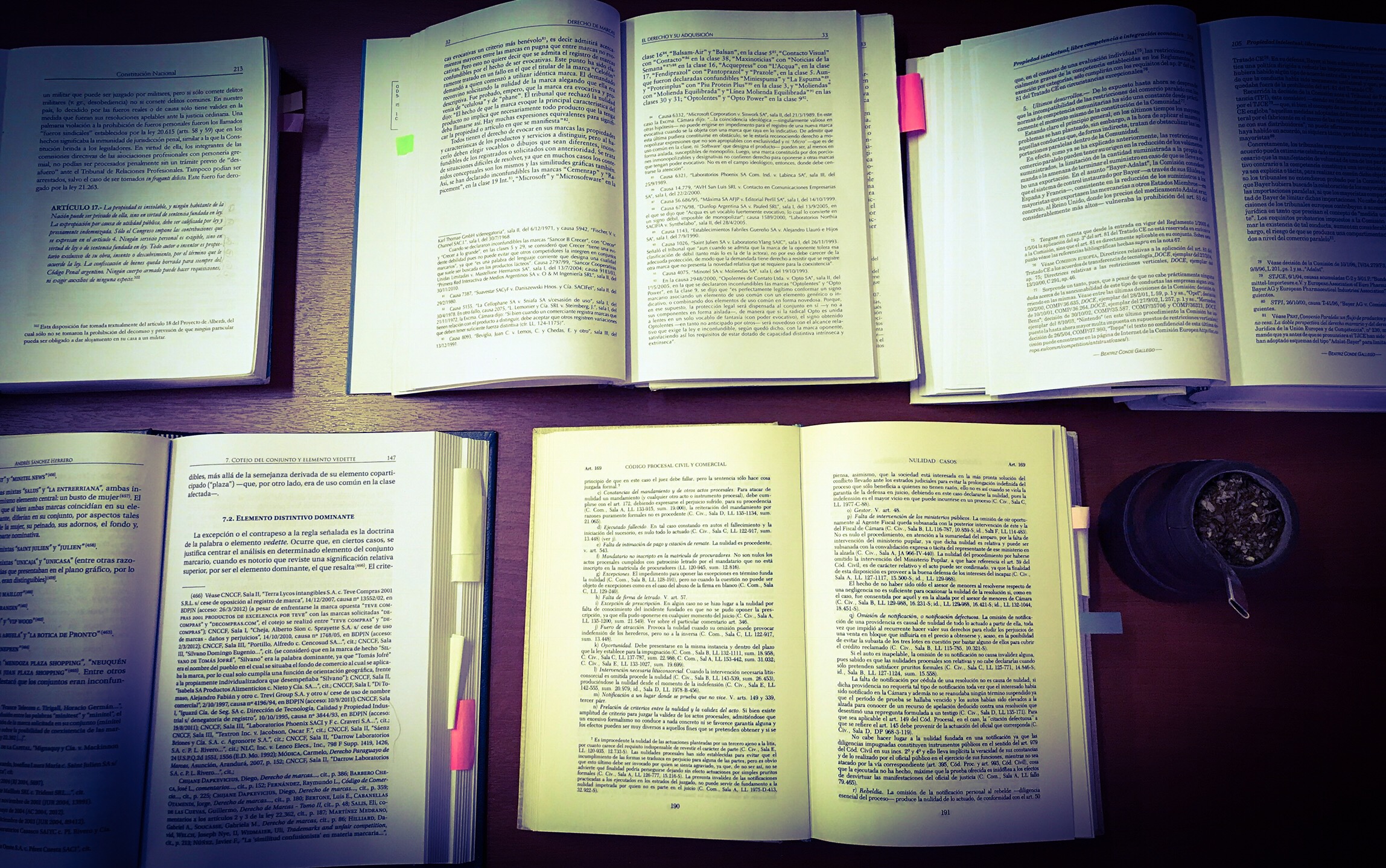
AMENDMENTS TO ARGENTINE TRADEMARK LAW – SUMMARY
I. INTRODUCTION
Recent amendments to the Argentine Trademark Law have brought important changes in practice and in trademark rights in Argentina. Some of these changes may be challenged and will have to be ruled by Court decisions. Among others, we hereby focus on the most significant changes:
- Cancelation for non-use standards modified: higher standards of use are required;
- Partial cancelation for non-use is introduced: defensive trademarks are almost eliminated;
- Mid- term declaration of use: a mid-term declaration of use is introduced;
- Administrative resolutions: Argentine Patent and Trademark Office (INPI for its Spanish acronym) is appointed as a competent authority to rule on oppositions, lapse and nullity cases of trademarks registered which do not comply with Trademark Law, and is also empowered to act ex officio;
- Cooling off period: a cooling off period of three months is established;
We refer to these changes -which regulation is still pending in some cases – notwithstanding other amendments that might be considered relevant:
II. CANCELATION FOR NON-USE STANDARDS SUBSTANTIALLY MODIFIED. HIGHER STANDARDS REQUIRED. PARTIAL CANCELATION FOR NON-USE INTRODUCED AND DEFENSIVE TRADEMARKS ELIMINATED».
A substantive modification to the Argentine Trademark Law was made in regard to the standard of use of the registered trademark to retain trademark rights and avoid the lapse of a registered trademark.
The new legislation states that a registered trademark is subject to total or partial cancelation for non-use in case it is not used for a period of 5 years in regard to those products not used in said period, except for related or similar products or services to those effectively used.
Practically speaking, the new standard states that if a trademark is registered in one or more classes and it is only used to distinct a few products, after five years it is subject to cancelation – including partial cancelation within the class- for all those products the trademark have not been used for and which are not considered as related or similar to any of the products or services which the trademark has been directly applied to. The effect of this significant change is that defensive trademarks are strongly limited.
Before these modifications were introduced in Argentina, a right holder was allowed to record a trademark in any class, for all the products or services, even knowing that the right holder would never use it for many of those products. This was a way of blocking third parties registration of identical or similar trademarks. In order to retain the TM right and to avoid its cancelation for non-use, it was only required to use the trademark to distinguish at least one product or one service, or use it as a commercial name, not being relevant whether the product, service or commercial name was related to the products covered by the registered trademark or not. Cancelation for non-use was very difficult to obtain because of the reasons above mentioned. Furthermore, partial cancelation was not possible to be applied pursuant to prior statutory regulations.
Finally, a mid-term sworn statement of use is introduced by this new law. Right holders are obliged to file an affidavit between the 5th and 6th year of grant. This is important because the Argentine Trademark and Patent Office (INPI) is now entitled to declare the lapse of registration ex officio, even partially. Therefore, right holders and IP advisors should not overlook this matter for the future consequences they might have on their trademark rights and their previous affidavit.
The scope and limits of these changes will be defined in practice in the next years; nevertheless, right holders and IP advisors fast adaptation in practice is required.
III. THE ARGENTINE PATENT AND TRADEMARK OFFICE HAS BEEN APPOINTED AS COMPETENT AUTHORITY TO RULE ON SOME CASES. IT HAS ALSO BEEN EMPOWERED TO ACT EX OFFICIO. COOLING OFF PERIOD AND PROCESSES MODIFIED.
The new statutory regulations empower the Argentine Patent and Trademark Office (INPI) as a competent authority to rule on oppositions, lapse of registration for non-use and nullity cases of a trademark that has been registered but which is not complying with the Trademark Law. INPI is now also empowered to act ex officio on the cases covered by this new competence.
Resolutions issued by INPI may be appealed at the Civil and Commercial Federal Court of District by direct remedies of limited review.
Prior to the application of these changes, all cases were of the exclusive competence of the Federal Justice, where processes are long and expensive compared to an expected specific administrative process.
These amendments are being evidenced by significant changes in practice; however, some of them might be constitutionally-challenged.
These changes are aligned with the international trend of establishing an administrative procedure to rule on trademark prosecution cases, which provides a more efficient, faster and better service. However, some of these modifications still need to be regulated and some others might be challenged and thus subject to review by National Courts.
IV. CONCLUSION
Summarizing, these long-awaited amendments are well received in general. They introduce significant changes in both, substantive and procedural aspects of Trademark law and their regulation is still pending in many cases, considering also that some of them might be challenged.
Standards of use have changed significantly and a mid-term use affidavit has been introduced.
The effects of extending the Argentine Patent and Trademark Office competence is a very important matter since it will have to create a new teamwork and procedures to comply with local laws and Supreme Court precedents in regard to Jurisdictional acts of Administrative Agencies.
In view of the amendments to trademark regulations mentioned above, Right Holders and IP Advisors should carefully review their Trademark Portfolios in Argentina and establish new strategies to be applied to each particular case.






